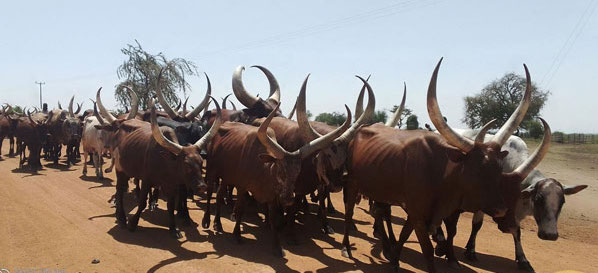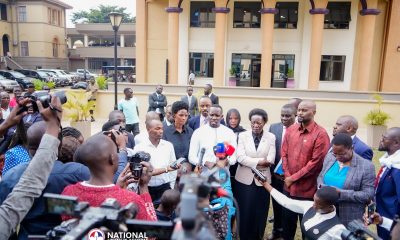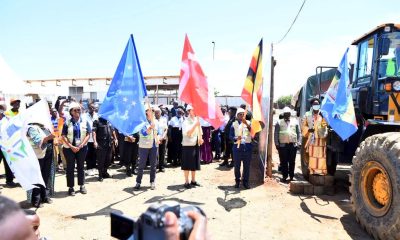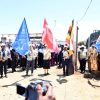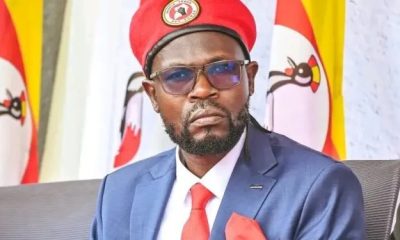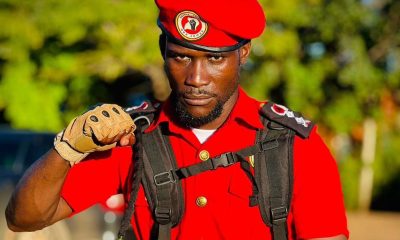Law
Over 3,000 Balaalo Cattle Moved from Northern Uganda as Eviction Intensifies
Over 3,000 head of cattle belonging to migrant pastoralists, commonly known as Balaalo, have been moved out of the Acholi and West Nile sub-regions in Northern Uganda, as security forces begin to enforce President Yoweri Museveni’s Executive Order No. 2. This move marks a significant escalation in the government’s long-standing efforts to address land conflicts and community tensions caused by large-scale livestock herding in the region.
The voluntary eviction, which commenced on June 25, is being overseen by the Uganda People’s Defence Forces (UPDF) with assistance from the Uganda Police Force. It falls within a grace period offered by the army before the full, forceful implementation of the presidential directive, which aims to ban migratory herders from grazing their cattle in North and Northeastern Uganda.
Major General Felix Busizoori, the Commander of the Fourth Infantry Division and head of the eviction operation in West Acholi and West Nile, confirmed on Sunday that 3,119 heads of cattle had exited the two sub-regions by June 28. “So far, there are 3,119 as per yesterday (June 28). These are from my area in West Acholi and West Nile,” Gen. Busizoori told Uganda Radio Network.
He acknowledged earlier reports of resistance but noted that many cattle keepers are now voluntarily complying with the directive. Those who have not yet secured transport are reportedly in the process of selling some of their cattle to facilitate hiring trucks for relocation. The majority of cattle within the two sub-regions have already been assembled at holding grounds in their respective sub-counties, awaiting transportation. The army had initially provided a two-week window for voluntary movement.
The presidential directive, first issued as Executive Order No. 3 in May 2023 and reaffirmed as Executive Order No. 2 on June 1 this year, seeks to resolve persistent issues of land conflicts, farm destruction, and strained community relations attributed to the extensive grazing practices of migrant herders.
Legal Challenge and Government Stance
However, the eviction exercise, codenamed “Operation Harmony,” which is scheduled to last for 65 days in phases, faces a legal challenge. Last week, over 300 Balaalo cattle keepers petitioned the Civil Division of the High Court in Kampala, arguing that the eviction is being conducted without due verification of their land ownership status, which they contend violates their constitutional rights.
Despite the ongoing legal challenge, Gen. Busizoori affirmed that the operation will continue. He stated that no counter-directive has been issued by the President regarding the exercise.
President Museveni’s Executive Order No. 2 explicitly bans “primitive agricultural practices” involving free-ranging livestock, which he describes as disturbing indigenous communities by destroying crops. He has directed the Attorney General to draft a law to criminalize these practices.
The President’s order also acknowledges that some “enlightened farmers” among the Balaalo may have legitimately acquired and fenced off land with permanent water sources. However, he has stipulated that a committee will audit these claims only after all cattle have been evicted from the region, emphasizing the need to remove all free-ranging livestock to achieve a long-term solution.
Leaders from the Acholi Sub-region have jointly welcomed Presidential Executive Orders No. 3 and No. 2, passing a resolution to fully support their implementation. Robert Mugabe, who read the joint resolution, stressed the importance of involving local Acholi leaders in all technical processes of the verification exercises, particularly those concerning land ownership and the eviction of migrant cattle keepers.
The coming weeks will be critical as security forces continue “Operation Harmony” and the legal challenge by the Balaalo proceeds. The government’s firm stance underscores its determination to resolve the long-standing land disputes in Northern Uganda, while the cattle keepers’ petition highlights the complex questions of land rights and due process.
Comments



